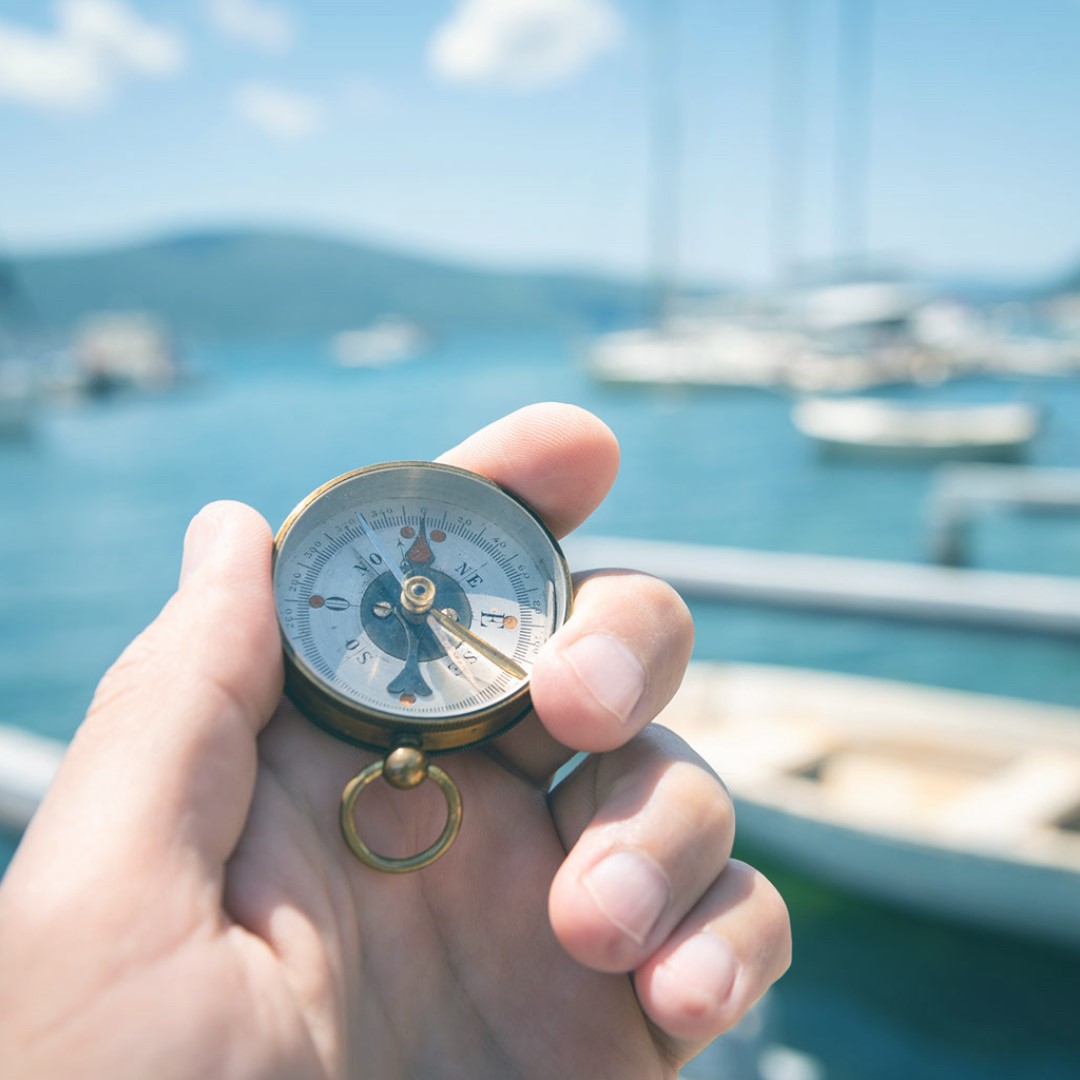Congratulations! You are a boat owner, and we know you cannot wait to get out onto the water and start having fun, but there are certain boating must-haves you’ll need to bring aboard before your maiden voyage. From safety gear to spare parts, be sure to check these items off your list of boating necessities.
Life Jackets or Personal Flotation Devices (PFDs)
Ensuring that you have a set of Personal Flotation Devices (PFDs) is crucial when boating. In compliance with U.S. Coast Guard regulations, it is mandatory to have an approved life jacket for each person on board. Additionally, it is important to note that boats measuring 16 feet and over are required to carry at least one Type IV throwable device.
Boat Registration
Boat registration is mandatory for all vessels that operate on waterways. Keep your Certificate of Registration on board and in a safe, dry location, as it serves as proof of ownership and must be presented to an enforcement officer upon request. Non-compliance may result in fines or legal consequences.
Personal Locator Beacon ( EPIRB )
A valuable safety tool for boaters is the Emergency Position Indicating Radio Beacon (EPIRB), which is a battery-operated device that transmits an emergency signal. Typically, EPIRBs are reserved for emergency situations when the marine radio is out of range or not operational. On the other hand, Personal Locator Beacons (PLBs) are smaller and can be attached to each life jacket or kept on board, and are commonly used for inland and inshore waterways. Both devices serve as critical backup options for communication and emergency response in unexpected scenarios.
First-Aid Kit
Having a first-aid kit on board is an essential component of safe boating. It is important to choose a kit that is designed specifically for boating and has features such as waterproof inner bags to protect the contents from moisture and reflective material on the outside to make it easily visible in low-light conditions.
The reflective material can be particularly important if you need to quickly locate the kit in an emergency situation. In addition to selecting a kit with the appropriate features, it is also important to ensure it is well-stocked with supplies such as bandages, antiseptics, and pain relief medications, so that you are prepared to handle any injuries or illnesses that may arise while on the water.
Waterproof Flashlight
It’s essential to have proper lighting on your boat during nighttime voyages, and a marine-grade waterproof flashlight can be a lifesaver in emergency situations. Make sure to keep the flashlight in an easily accessible location on your boat, and check the batteries regularly to ensure they are working correctly. Don’t forget to pack an extra set of batteries, so you’re never left without a reliable source of light.
Fire Extinguisher
Boats contain fuel, electrical wiring, and other flammable materials that can ignite and quickly spread fire. A fire extinguisher can help control and suppress a fire before it gets out of control, potentially saving lives and preventing significant damage to the vessel. The US Coast Guard requires boats to carry at least one Coast Guard approved fire extinguisher on board, and it should be easily accessible and in good working condition. It’s important to know how to use the fire extinguisher properly and to have it regularly inspected and maintained.
Basic Toolkit
Make sure you have a toolkit with screwdrivers, adjustable wrenches, ratchets, sockets, pliers, hose clamps, electrical tape, screws, nuts, bolts, a wire cutter, and marine caulk. In addition to the tools mentioned, it’s also a good idea to include spare fuses and bulbs for your boat’s electrical system.

Rope
It’s a good practice to have extra rope readily available on board your boat. Not only can it be used for towing another vessel to safety or securing an additional dock line, but it can also come in handy as a throw line in case of an emergency situation.
Hand-held Compass
A hand-held compass is a crucial piece of equipment that every boater should carry on board. In the event of an electronics failure, a compass can be used to take bearings and determine your location. It is important to ensure that the compass is of good quality and is regularly calibrated to ensure accuracy. Additionally, it is a good idea to familiarize yourself with how to use a compass before setting out on the water.
Waterproof Bags
Storing your belongings in waterproof bags is essential to keep them safe from water damage while boating. It becomes even more critical for items like phones, wallets, and keys, which are highly susceptible to water damage. Wet gear not only leads to inconvenience but also poses a potential risk to your safety.
Being prepared for any situation is crucial when boating. As we’ve seen, there are a number of must-have items that should be on board every boat, including personal flotation devices, emergency beacons, first-aid kits, fire extinguishers, tools, and extra rope. By ensuring that you have all of these items, you can greatly reduce the risks of accidents or mishaps, and be better equipped to handle any emergency situations that may arise. Remember, safety should always be your top priority when out on the water, so don’t take any chances – make sure you have all the necessary gear before setting sail.
More for you to read;
Navigating Hurricane Season; A Guide For Safe Boating
Boating Etiquette – Boat Dock Manners for a Swift Launch









